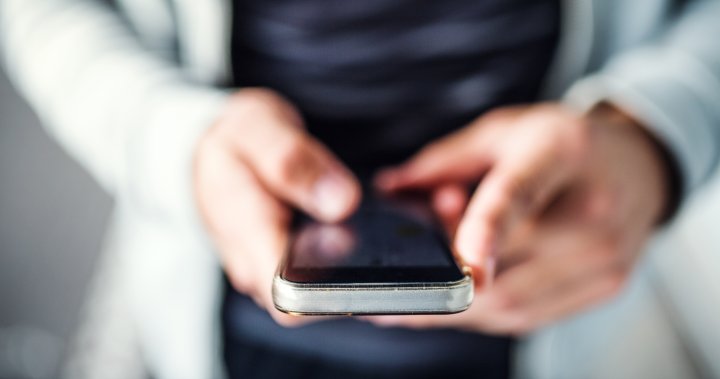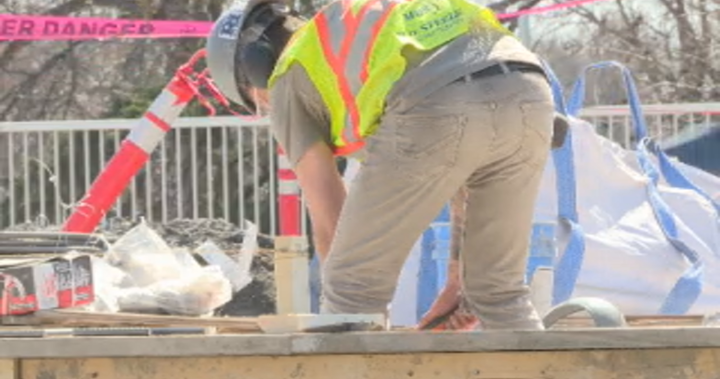While keeping up with friends on social media or embracing the latest apps on a smartphone have become important parts of daily life for many in 2024, experts say relying too much on the instant gratification of technology can have a negative impact on your real-world relationships.
Winnipeg-based sex and relationship therapist Susan Wenzel says she often sees couples fighting over technology encroaching on the attention they want from their partners.
“The negative part would be the lack of undivided attention,” Wenzel told Global Winnipeg.
“I do see, in my office, a couple coming and saying that, whenever they talk to their partner, they’re not looking at them, they’re not paying attention to them, or they’re listening to them when they are watching TV or on their phone.
“If we are talking about building emotional bond with our partner, we do need undivided attention because we’re communicating, ‘Your time matters, you matter to me, and you’re important to me.’ So technology can cause people to feel that they are not heard in a relationship.”
Wenzel, who leads workshops and seminars across North America to help couples navigate their relationships, said another danger of excessive social media use is that people can start to compare all aspects of their lives — including the relationship with their partner — to the idealized, curated versions people post on social apps.
Breaking news from Canada and around the world
sent to your email, as it happens.

Get breaking National news
For news impacting Canada and around the world, sign up for breaking news alerts delivered directly to you when they happen.
“You’re starting thinking, ‘Oh, we really suck’… like there’s something wrong with (your) relationship because you are comparing yourself with what other people are doing, and that can cause unhappiness in the relationship.
“And it’s not that your relationship is bad — it’s just that you are comparing yourself with other people. And we all know that saying that comparison is the thief of joy.”
Wenzel’s advice for partners who have seen technology get in the way of things is to intentionally plan to spend time together without any electronics.
“Be mindful of it — taking time to really spend time with your partner without your phone. That may really help if you’re going out for dinner with your children, with your partner, leaving your phone intentionally in the car or at home,” she said.
“That may help you to be able to pay them, pay attention to them, and to be able to indicate that, ‘Hey, I am here with you. You matter to me. And this time matters to us, too’.”
It’s not all negative, however. In many cases, technology has brought couples closer together, as in the case of Winnipegger Alex Wiebe, who told Global Winnipeg apps like FaceTime helped “big time” when he was in a long-distance relationship.
“My wife was (in) Northern Ireland when we met,” Wiebe said.
“We dated long distance for the first year and a half of our relationship. And so we relied pretty heavily on Skype, FaceTime, all of that sort of stuff when we were dating.
“That was a game-changer for us, just to be able to communicate somewhat face-to-face before she eventually moved over here. So for us, technology has been massive. It’s allowed us to be able to remain in a relationship…without that, it probably wouldn’t work.”
For Winnipegger Caitlyn Dionne, there’s also a positive upside to technology — something that became especially clear during the COVID-19 pandemic, when spending time with others in person just wasn’t feasible.
“I’ve definitely made a lot of friendships through technology, especially during quarantine. One of my best friends I actually met online during quarantine. And I think that’s pretty good.
“But it’s also kind of a little bit different than going out and seeing your friends and everything. I think overall it’s been a good thing.”
— with files from Drew Stremick
© 2024 Global News, a division of Corus Entertainment Inc.




